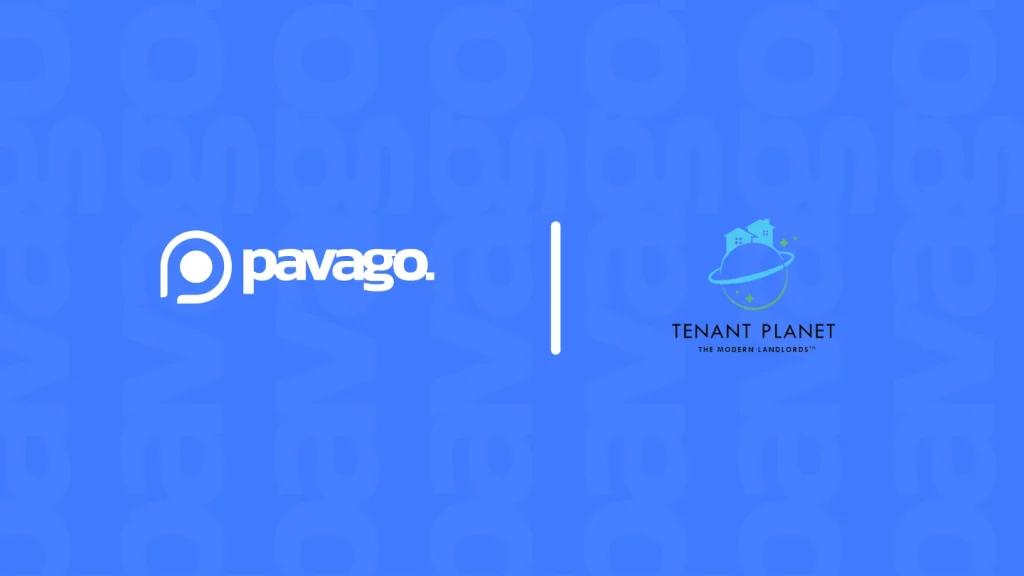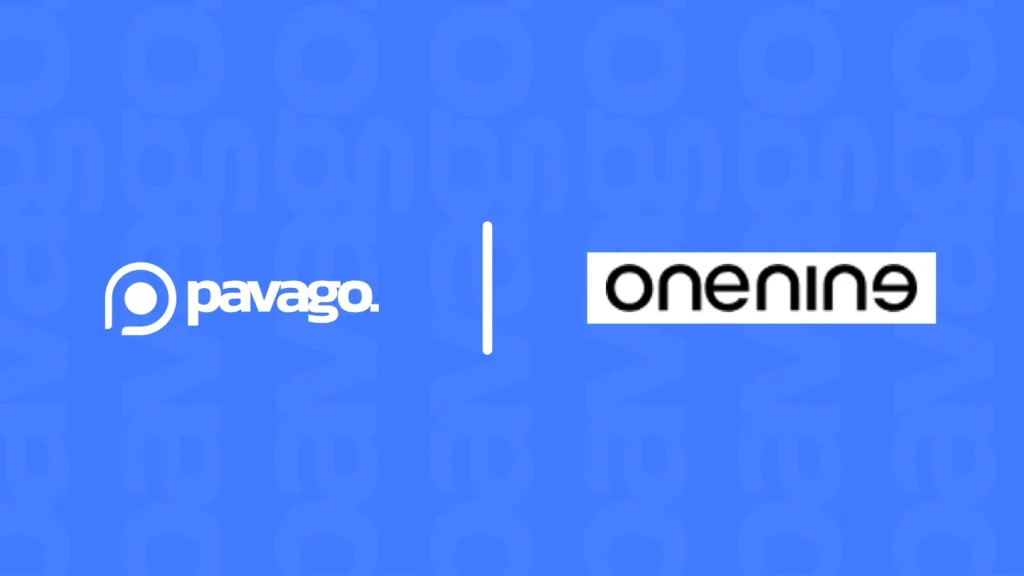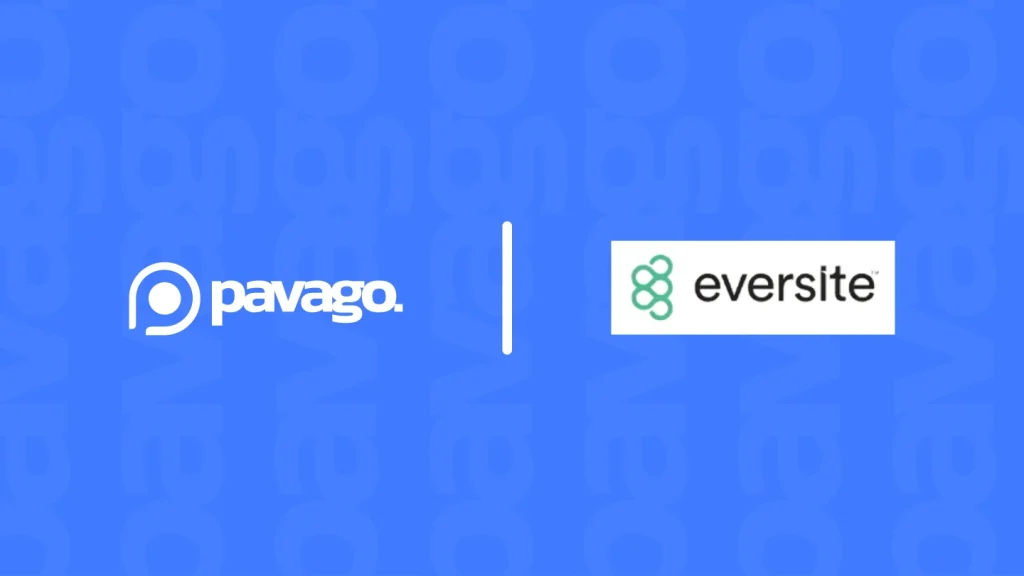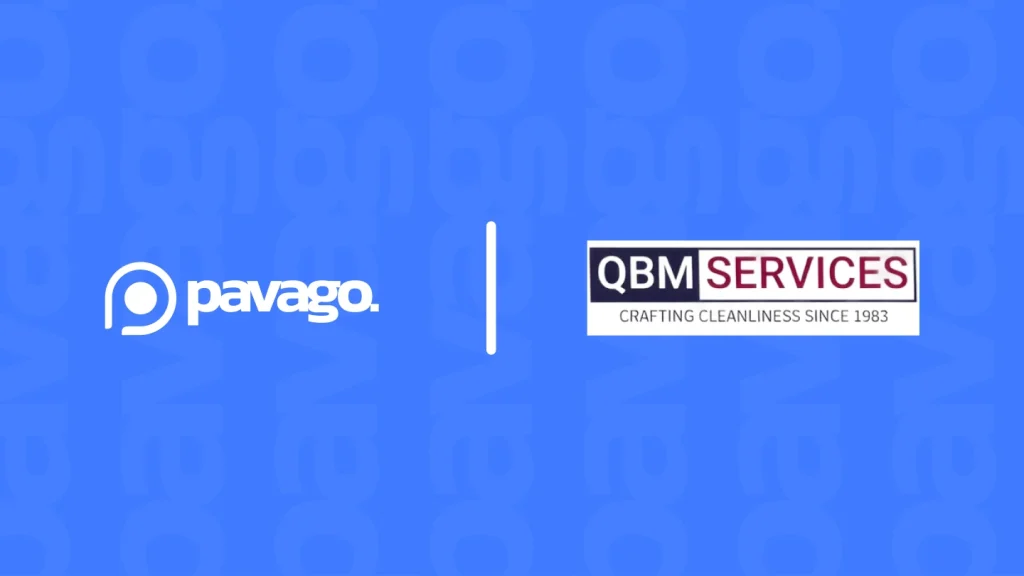Companies can save up to $10,600 per employee that works remotely. Imagine what this could mean for your business. But hiring the right remote closer isn’t just about savings—it’s about finding the talent to drive your sales to new heights. How do you identify the best candidates and ensure they’re set up for success?
You’re in the right place. This article will solve these challenges and guide you through the entire process. Here’s what we’ll cover:
- Identifying Your Needs
- Crafting an Effective Job Description
- Sourcing Qualified Candidates
- Screening and Interviewing Candidates
- Onboarding and Training
- Managing and Supporting Your Remote Closer
💡 Pavago, a recruitment agency for SMBs, offers an affordable and efficient solution for hiring remote talent. With plans starting at just $329 per month per candidate, we help you find top talent for 70% less than traditional costs, ensuring your business can grow without breaking the bank.
What is Remote Closing?
Remote closing refers to the practice of finalizing sales deals through digital channels like video calls, phone calls, and emails, instead of traditional face-to-face meetings. In this model, sales representatives use virtual communication to present offers, answer questions, negotiate terms, and close deals with prospects worldwide.
One of the key advantages of remote closing is its ability to overcome geographical constraints. Businesses can connect with and convert customers in any location, expanding their reach beyond physical boundaries. This approach allows remote closers to work with a broader customer base, significantly boosting a company’s sales potential.
Key Features of Remote Closing
- Virtual Communication: Uses tools like Zoom, phone calls, or chat platforms for sales interactions.
- Focus on High-Ticket Items: Often involves selling premium products or services, such as coaching programs, SaaS solutions, or enterprise offerings.
- Relationship Building: Relies on establishing trust and rapport to address customer concerns and close deals effectively.
- Global Reach: Allows sales professionals to connect with clients across the world without geographical constraints.
Remote closing is popular in industries like e-learning, consulting, SaaS, and digital marketing, where high-value transactions occur online.
Why Do You Need a Remote Closer?
A remote closer plays a crucial role in helping businesses grow and maximize their revenue by handling the final stages of the sales process virtually. Here are the key reasons why businesses need a remote closer:
1. Expand Market Reach
Remote closers allow businesses to connect with clients globally, overcoming geographical limitations. They can engage with prospects in different time zones, ensuring businesses don’t miss opportunities in untapped markets.
2. Increase Sales Efficiency
Remote closers focus solely on closing deals, freeing up other team members (like lead generators or SDRs) to concentrate on prospecting and nurturing. This division of labor optimizes the sales funnel and accelerates conversions.
3. Cost-Effectiveness
Hiring remote closers eliminates the need for in-person meetings, saving travel and operational costs. It’s a scalable solution for businesses looking to grow without adding significant overhead.
4. Expertise in High-Ticket Sales
Remote closers are skilled at handling high-value deals, using persuasive communication to address objections and build trust. Their expertise in navigating longer sales cycles ensures businesses close premium clients effectively.
5. Improved Customer Experience
They provide personalized attention, answering detailed questions and tailoring offers to meet the specific needs of prospects. Their role enhances customer satisfaction by making the sales process smooth and hassle-free.
6. Adaptability in the Digital Age
As businesses increasingly operate online, remote closers align perfectly with the virtual nature of modern sales. They use tools like video conferencing, CRM software, and digital presentations to engage and convert leads efficiently.
7. Faster Scaling
Remote closers allow businesses to scale their operations quickly by handling higher volumes of sales conversations without geographical or logistical limitations. This flexibility is particularly valuable for startups and growing companies.
How to Hire a Remote Closer?

Hiring a remote closer involves several key steps to ensure you find the best talent to drive your sales efforts effectively.
1) Identifying Your Needs
- Define the Role: Start by understanding the specific tasks a remote closer will handle in your business. This includes activities like conducting virtual sales presentations, negotiating deals, following up with clients, and closing sales. Clearly defining these responsibilities ensures you know exactly what you need and helps potential candidates understand what the job entails.
- Set Clear Objectives: Outline the specific goals you want your remote closer to achieve. These could include monthly sales targets, conversion rate improvements, or enhancing customer satisfaction. By setting clear, measurable objectives, you provide direction and motivation for your remote closer, ensuring they focus on what matters most to your business.
- Determine Skills Required: Identify the essential skills and experience needed for the role. Look for strong communication abilities, proficiency with digital sales tools, and a proven track record in closing sales remotely. Additionally, consider industry-specific knowledge and experience with your products or services. This ensures your remote closer can effectively engage with potential clients and close deals efficiently.
By thoroughly identifying your needs, you can attract the right candidates and set the stage for a successful hiring process. This clarity will help you find a remote closer who can truly drive your sales and contribute to your business’s growth.
2) Crafting an Effective Job Description

Crafting an effective job description is crucial because more than half of job seekers indicate that the quality of a job description influences their decision to apply.
Role Overview: Start with a brief summary of the role. Explain that you’re looking for a remote closer who can drive sales through virtual presentations, negotiate deals, and maintain client relationships.
Key Responsibilities: Detail the main tasks and duties. Include activities like:
- Conducting virtual sales presentations
- Negotiating and closing sales deals
- Following up with clients to ensure satisfaction
- Using CRM tools to track sales progress
Required Qualifications: Before hiring salespeople, list the necessary sales skills, experience, and qualifications. For example:
- Strong communication and interpersonal skills
- Proven track record in remote sales
- Proficiency with digital sales tools and CRM software
- Industry-specific knowledge (if applicable)
Company Culture: Describe your company’s culture and values. Highlight what makes your workplace unique and appealing, such as a collaborative environment, commitment to innovation, or focus on customer satisfaction.
👉 Crafting a detailed and appealing job description is crucial in attracting the right candidates. If you need assistance, Pavago offers a comprehensive service that includes creating job descriptions as part of their hiring process. This ensures your job listings are effective and tailored to attract the best talent for your business.
3) Where to Find Remote Closers?
Offshore Recruitment Agencies: Consider using agencies that specialize in hiring remote sales staff. Pavago is an excellent example, providing cost-effective solutions for SMBs. We handle the entire recruitment process, from sourcing to vetting candidates, saving you time and effort.
👊 Tip: Look for agencies with a proven track record in your industry to ensure they understand your specific needs. This can greatly enhance the quality of candidates you receive.
Job Boards and Platforms: Utilize popular job boards like LinkedIn, Indeed, and specialized sales platforms.
👊 Tip: Use specific keywords related to remote sales and closers to ensure your job post reaches the right candidates. This helps in attracting candidates with the exact skills and experience you need.
Professional Networks: Tap into your network and ask for referrals. Reach out to colleagues, industry contacts, and even past employees who might know or have experience working with outsourced sales teams.
👊 Tip: LinkedIn is a great tool for leveraging your professional network and finding potential candidates quickly. Regularly post updates about your hiring needs to keep your network informed.
Bonus Tip: Join relevant online communities and forums related to sales and remote work. Engaging in these communities can help you identify potential candidates who are active and well-regarded in their field. Websites like Reddit or industry-specific forums can be valuable resources.
4) Screening and Interviewing Candidates
Initial Screening: Use phone or video calls to narrow down the list of candidates.
👊 Tip: Prepare a set of standard questions to quickly assess their qualifications and communication skills.
Assessment Tests: Implement skills tests to evaluate the candidates’ abilities.
👊 Tip: Use online tools to administer tests that simulate real job tasks.
Behavioral Interviews: Conduct interviews to understand the candidates’ experience and fit with your company culture.
👊 Tip: Ask situational questions to gauge how they handle challenges and interact with team members.
Reference Checks: Contact previous employers to verify the candidates’ history and performance.
👊 Tip: Prepare a list of specific questions to get detailed insights into their past job performance and reliability.
Pavago handles all these steps for you, from initial screenings to final reference checks, ensuring you get the best remote closer for your business without the hassle. This comprehensive service allows you to focus on growing your business while they take care of the recruitment process.
5) Managing and Supporting Your Remote Closer

73% of employees say they’re more likely to quit if they don’t receive frequent feedback. That’s why managing and supporting your remote closer effectively from day one is important.
Establishing Clear Communication Channels:
- Schedule regular check-ins and team meetings: Set up weekly or bi-weekly meetings to stay updated on progress and address any concerns. Use tools like Zoom or Microsoft Teams for video calls to maintain a personal connection.
- Use video calls to maintain a personal connection: Regular face-to-face interactions help build rapport and trust. Encourage video calls over emails for important discussions to ensure clarity and engagement.
- Implement clear communication protocols and expectations: Define how and when to communicate, including preferred tools and response times. Use collaboration tools like Slack for instant messaging and Trello for task management to keep everyone aligned.
Performance Monitoring and Feedback:
- Set measurable performance goals and KPIs: Define clear targets for your remote closer to hit, such as sales quotas and conversion rates. Use SMART goals (Specific, Measurable, Achievable, Relevant, Time-bound) to create realistic and motivating objectives.
- Use performance tracking tools and software: Implement software to monitor sales activities and outcomes. Tools like Salesforce or HubSpot CRM can help track performance metrics effectively.
- Provide regular feedback and conduct performance reviews: Schedule periodic reviews to discuss progress and areas for improvement. Use a structured feedback framework like the SBI (Situation-Behavior-Impact) model to provide clear and constructive feedback.
Fostering a Positive Work Environment:
- Promote a culture of recognition and appreciation: Regularly acknowledge achievements and contributions. Use recognition platforms like Bonusly to make appreciation public and meaningful.
- Encourage virtual social interactions and team-building activities: Plan virtual events to build team spirit. Organize virtual coffee breaks, online games, or team-building exercises through platforms like Zoom.
- Support work-life balance and provide flexibility: Allow flexible working hours and respect personal time. Encourage setting boundaries for work hours and use tools like Calendly to schedule meetings without intruding on personal time.
👊 Pavago not only helps you hire top remote closers but also supports their onboarding process. From sourcing candidates and conducting interviews to ensuring a smooth onboarding, we ensure your new hires are ready to succeed from day one.
Make Hiring a Remote Closer Easy with Pavago

Hiring a remote closer can transform your sales process and drive significant growth for your business. By understanding your needs, crafting an effective job description, and following best practices for sourcing and managing talent, you’re well on your way to success. Here are the key takeaways:
- Define the role and set clear objectives.
- Craft a detailed job description.
- Utilize job boards, networks, and recruitment agencies.
- Screen and interview candidates effectively.
- Ensure a smooth onboarding process.
- Manage and support your remote closer with clear communication and performance monitoring.
✌️ Pavago helps you find the top 1% of talent for 70% less than traditional recruitment costs. With a yearly membership plan at just $500 and unlimited placements at $329 per month per candidate, we offer an efficient and cost-effective solution for your recruitment needs.
















